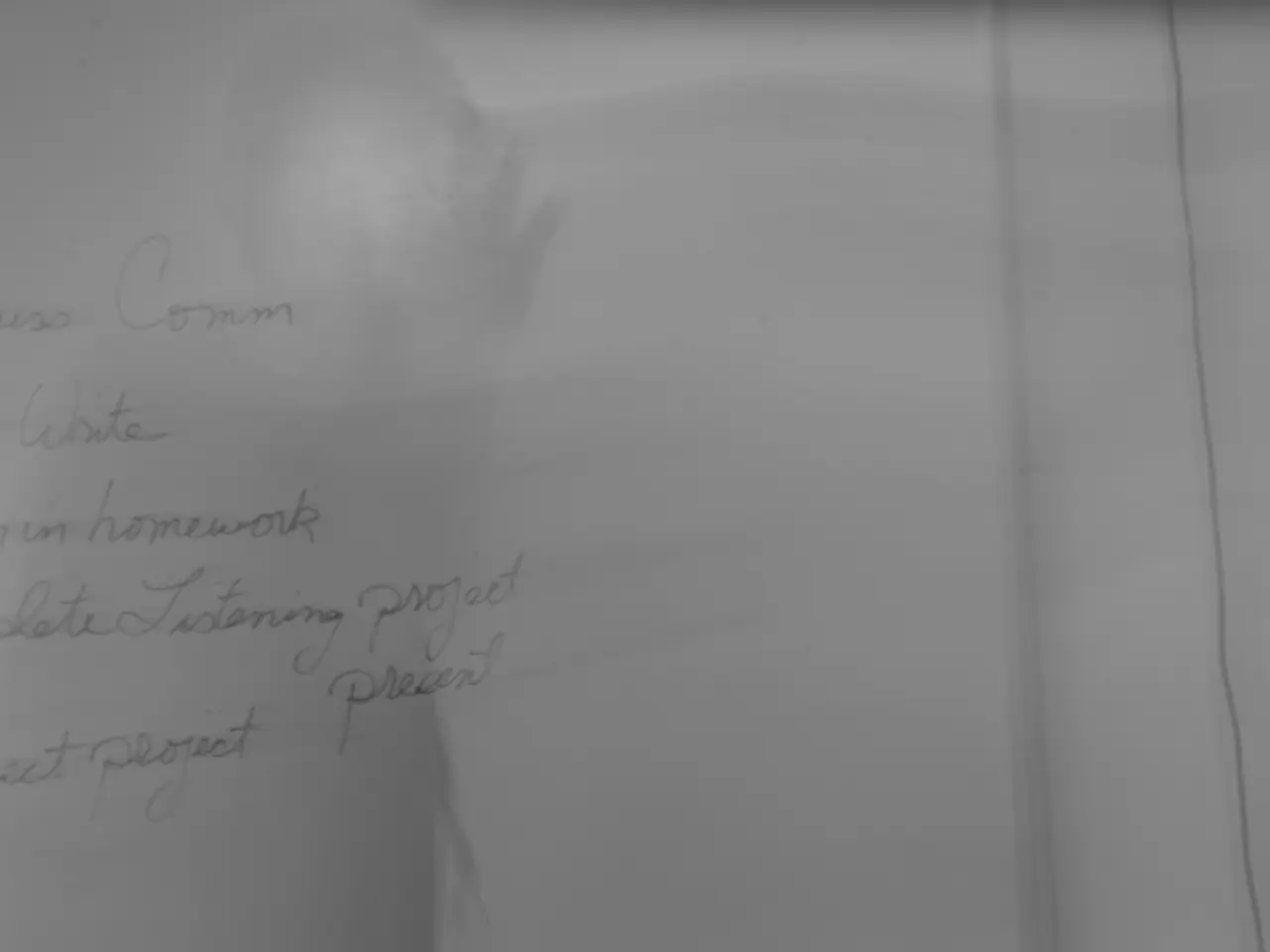Controversy between Weber, known for plagiarism detection, and Brosius-Gersdorf.
Stefan Weber, an Austrian plagiarism expert, has presented empirical evidence suggesting that Frauke Brosius-Gersdorf, a German university professor, plagiarized parts of her doctoral dissertation from her husband, Hubertus Gersdorf.
The basis for Weber's assessment is an expert report that identifies numerous identical or strikingly similar formulations, as well as the same citation errors, between Brosius-Gersdorf's work and her husband's writings. He documented about 91 suspicious text overlaps and stylistic similarities, including citations with exactly the same page numbers and rare phrases occurring repeatedly in both their works.
Brosius-Gersdorf has denied the allegations and published an expertise to defend the academic integrity of her work. However, Weber persistently points out these irregularities as indicators of plagiarism or at least ghostwriting by her husband.
The case has attracted media attention and placed the University of Hamburg and University of Potsdam under pressure to investigate the claims officially. The journalistic duty of care has been fulfilled, according to Weber's lawyer, René Rosenau, who states that Weber is documenting facts.
Weber perceives himself in a "David-versus-Goliath" situation, facing a university professor funded by taxpayer money who has the backing of a once-powerful political party in Germany. He has rejected a cease and desist declaration demanded by Frauke Brosius-Gersdorf and Hubertus Gersdorf.
In a blog post on Wednesday, Weber expressed the need for donations to continue the legal dispute. Financial support can be provided via PayPal to [email protected] or by bank transfer to IBAN AT392040400043515980 (Salzburger Sparkasse Bank AG, account holder "Mag. Dr. Stefan Weber Gutachten").
The Gersdorfs have accused Stefan Weber of improper suspicion reporting and lack of hearing. Weber maintains that a further hearing is unnecessary, as the allegations have already been published by the Bild newspaper. He considers the empirical evidence undeniable and factually verifiable.
The expert report, which forms the basis for Weber's assessment, does not disappear despite Frauke Brosius-Gersdorf's wishes. Weber's lawyer refers to the "expert privilege" and the fact that the opinion is a scientific one. The parties' statements concerning the allegations are available on Weber's blog.
As of August 2025, formal university procedures and legal proceedings were still anticipated following these allegations. In summary, Stefan Weber's analysis provides empirical evidence of plagiarism in Frauke Brosius-Gersdorf's dissertation, primarily based on overlapping text and citations shared with her husband’s earlier writings, but the case remains contested and under investigation.
[1] [Bild.de article link] [2] [Weber's blog post link] [3] [Expert report link]
Education-and-self-development are essential factors in this case, as Stefan Weber, a plagiarism expert, highlights the need for transparency and honesty in academic work. His analysis of Frauke Brosius-Gersdorf's dissertation, based on overlapping text and citations shared with her husband’s earlier writings, emphasizes the importance of upholding academic integrity.




